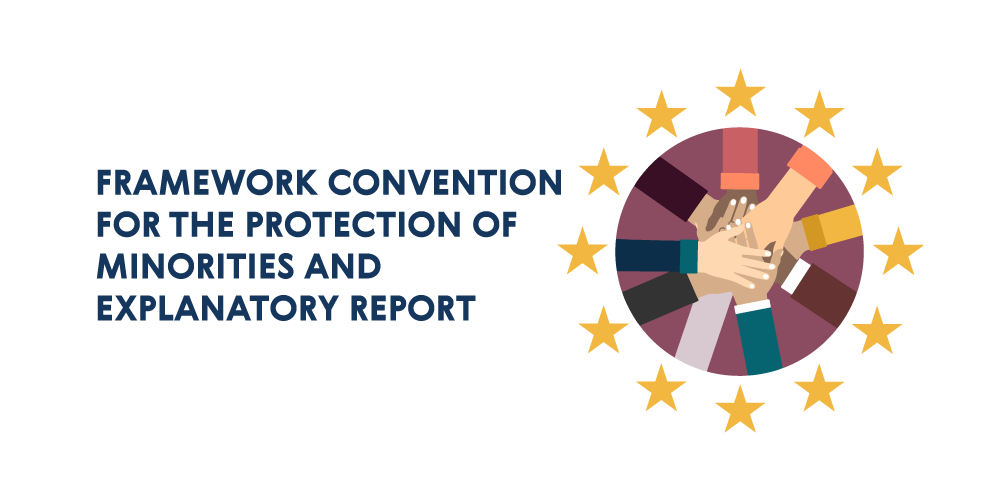According to the 2011 census, national minorities constitute about 13% of the population of the Republic of Serbia. The most numerous national minorities are Hungarians (most numerous in the Region of Vojvodina), followed by Roma (Region of Southern and Eastern Serbia and the Region of Vojvodina) and Bosniaks (mostly in the Region of Šumadija and Western Serbia). There is also a significant number of Slovaks – 52,750, Croats – 57,900, Montenegrins 38,527, Vlachs – 35,330, Romanians – 29,332, Macedonians – 22.755, while the following minorities have numbers under 20,000: Bulgarians, Ruthenians, Bunjevci; a few thousand – Germans, Slovenians, Albanians, Ukrainians, and a few hundred – Poles, Ashkali and Greeks.
Regardless of the fact that the percentage of minorities is not large, the social and political system of the Republic of Serbia is structured according to the principle of full protection of national minorities, with many new and original solutions which are not found in other countries. The Republic of Serbia resolves and implements the issue of the status of national minorities in accordance with the Framework Convention of the Council of Europe on the protection of national minorities, and on the basis of generally accepted international standards, and in line with the Constitution of the Republic of Serbia, Law on the Protection of the Rights and Freedoms of National Minorities, Law on National Councils of National Minorities, Law on the Official Use of Languages and Scripts, and other laws regulating the rights and status of national minorities.
The legislative framework relating to the status of national minorities in the Republic of Serbia is broad and reaches a high level of standard in this field on a European scale. According to experts of the international community, the legislative framework of the Republic of Serbia in this field is above the European average. Serbia was, in the EU accession process, obliged to adopt the Action Plan for exercise of the rights of national minorities under the Negotiating Chapter 23, which has received support and positive responses from the European Commission and certain EU Member States.
The Ministry of Public Administration and Local Self-Government, in accordance with its responsibilities and Action Plan, conducts a number of activities with a series of affirmative measures aimed at improving the status of national minorities, mostly with regard to the following areas: Personal status; Non-discrimination; Culture and media; Use of language and script; Democratic participation; Adequate representation of persons belonging to national minorities in the public sector; National councils of national minorities.







